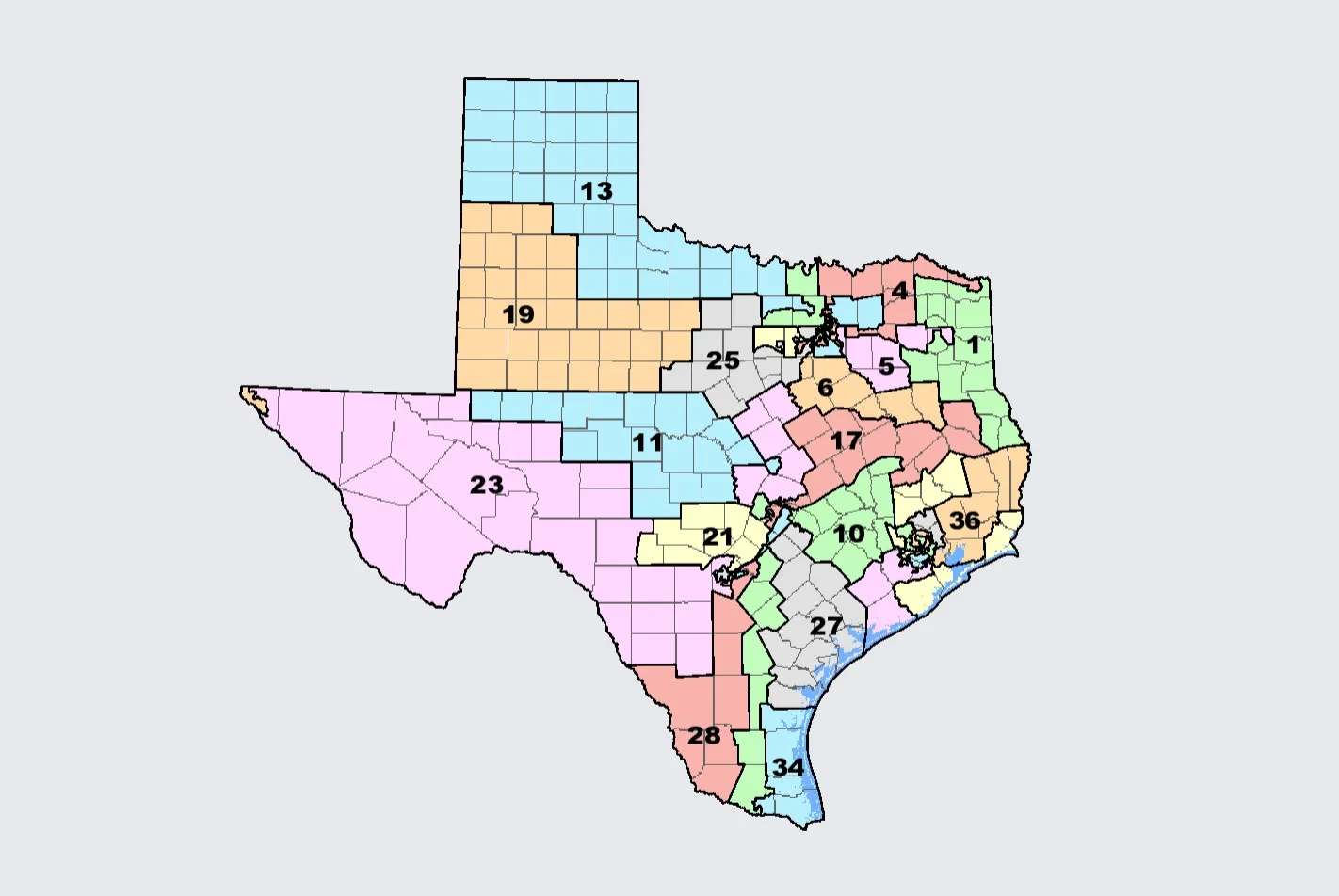
Introduction
Gerrymandering, the manipulation of electoral district boundaries to favour one political party over another, has become a hot topic in contemporary politics, especially as the UK gears up for various local and national elections. Understanding gerrymandering is vital for voters as it can significantly influence election outcomes and the overall fairness of political representation.
The Mechanics of Gerrymandering
Gerrymandering typically occurs in two primary ways: ‘packing’ and ‘cracking’. ‘Packing’ involves consolidating voters of one political party into a single district to reduce their influence on surrounding districts, whereas ‘cracking’ disperses these voters across multiple districts to dilute their voting strength. As political parties seek to achieve or maintain power, these tactics have been employed in various forms and discussions about their implications have only intensified. Recent studies suggest that even minimal alterations to district boundaries can yield dramatic shifts in electoral results.
Current Events and Trends
In recent months, several UK constituencies have faced scrutiny over their electoral boundaries, with potential gerrymandering suspected in various regions. Reports indicate concerns from advocacy groups and political analysts who argue that the current boundary commission processes may not adequately account for demographic changes, thus paving the way for gerrymandering.
Moreover, as the National Boundary Commission undertakes a review of constituency boundaries ahead of upcoming elections, the debate on the ethics and legality of gerrymandering is expected to resurface. Historical data indicates that constituencies that exhibit irregular shapes are often the result of deliberate political maneuvering, prompting calls for reforms to create more equitable districting processes.
Conclusion
As gerrymandering continues to elicit strong responses from the public and political actors alike, the necessity for transparent electoral processes has never been more pressing. The current landscape indicates that without significant reforms aimed at protecting the integrity of electoral districting, voters may be left with distorted representation that does not reflect their true preferences. Moving forward, greater public engagement and advocacy for fair electoral practices could help curb the detrimental effects of gerrymandering in the UK.
You may also like

Understanding the Current Political Landscape in the UK

The UKIP Party: Recent Developments and Future Outlook
